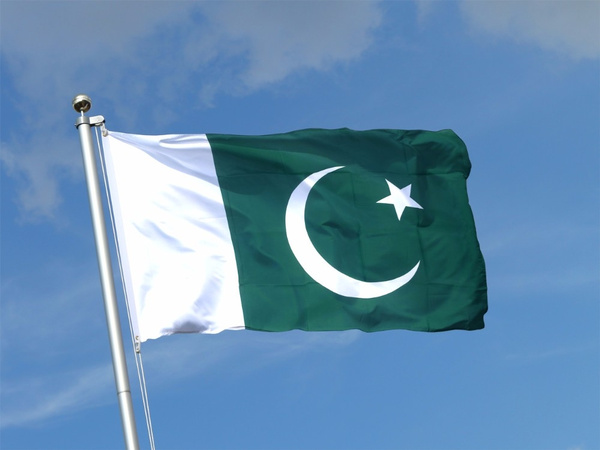
From the independence of the country, Pakistan’s politics has been framed by institutional overreach of one institution, the military. Over time, however, there has been judicial overreach as well. Unfortunately, the country has never had a time when every institution has stayed within its boundaries.
As Umair Javed, academic and columnist notes, “the challenge that Pakistani politics faces is a familiar one but with a different actor at its centre. That is reversing an equilibrium where institutional autonomy is guaranteed by institutional (over)reach. At this stage, we may find ourselves reliant on the personal intellectual and moral dispositions of the top members of the judiciary to determine whether the current path is one worth persisting with; but surely a conversation to find an alternative way needs to happen.”
As Javed points out, “events and interventions in the past 15 years have led to the observation that the higher judiciary should be analysed as a political institution as much as a legal one. Its decisions and interventions are political, ie related to the distribution of power and resources, as much as they are tied to any reading of the law itself. To put it very briefly, in the absence of an apex court cognisant of its own reputation and its place in Pakistan’s political sphere, an outcome of Nasla Tower’s nature would likely not have emerged.”
This, Javed asserts dates to the days of former chief justice Iftikhar Chaudhry. “At the helm of the Supreme Court for nearly six years over two terms, Chaudhry established the institution as a political player by using suo motu powers to take up issues of public importance. At its peak, lest we forget, the court was independently taking up cases ranging from national security, to anti-corruption and privatisation of public-sector enterprises and even deliberating on whether the government was allowed to set the price of street food.”
Javed concludes by noting, “Once institutional mandates involve settling political conflicts and claiming legitimacy and acclaim through some amorphous media-based feedback mechanism, the pathway to intervening in every sphere of public life is fairly straightforward. Does the ‘public’ need a reminder that the institution cares about them? Summon the prime minister. Are our cities not being governed adequately by local administrators? Force the government to get rid of them. Does the world need to know the institution’s strength? Demolish an apartment building.”
![]()





